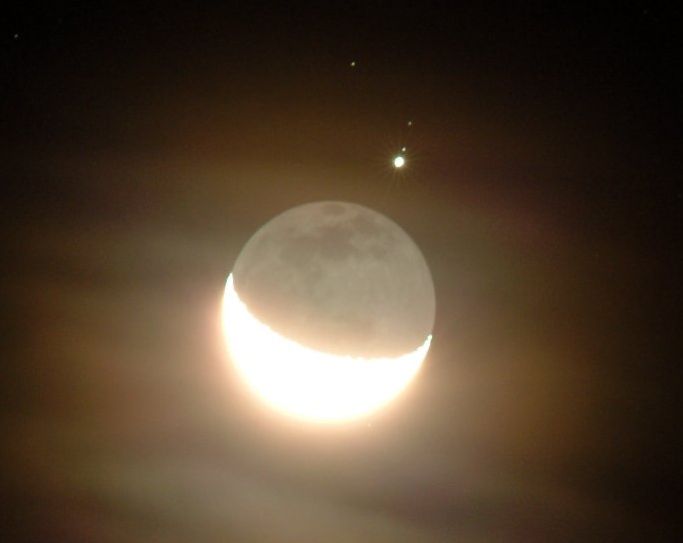Poems By Alistair te Ariki Campbell
I found a few online. I hope I don't get into trouble for copying them here!
Gallipoli Peninsula
It was magical when flowers
appeared on the upper reaches –
not that we saw much of the upper reaches.
But when we did,
we were reminded of home
when spring clothed the hills with flowers.
The dead lying among them
seemed to be asleep.
I can never forget the early mornings,
before the killings started up,
when the sea was like a mirror
under little wisps of cloud
breathing on its surface, so dazzling
it hurt the eye.
and the ships, so many of them,
they darkened the sea.
But the evenings too were magical,
with such hues in the sky
over Macedonia,
so many colours, gold bars,
green, red, and yellow.
We noticed these things,
when the firing stopped and we had respite.
It was good to feel,
during such moments,
that we were human beings once more,
delighting in little things,
in just being human.
It’s Greece
It’s Greece. It’s been confirmed. But where
the hell is Greece? Patu wants to know.
He’s ignorant, never got past Standard 6 —
his dad couldn’t spare him — had to get up
at 6, milk the cows, and after milking
do all the other chores. ‘Greece,’ I tell him,
‘is close to Gallipoli,’ and his eyes light up.
He knows the name, because his Uncle Ru
died there, fighting the Turks. We agree
that anywhere is better than being here
at Amiriya, buggered by route marches,
plagued by flies, heat and sand — sand blowing
everywhere. But the pyramids, my God!
A million slaves died building them, they say.
They are indeed great marvels, but give me
Hikurangi any day. ‘We go to Greece,’
says Freyberg, ‘to defend the birth place
of culture and learning,’ and it gets me
wondering why I’m here at all so far
from my run-down farm, my sick people,
and a meeting-house in need of repair.
Gallipoli Peninsula
It was magical when flowers
appeared on the upper reaches –
not that we saw much of the upper reaches.
But when we did,
we were reminded of home
when spring clothed the hills with flowers.
The dead lying among them
seemed to be asleep.
I can never forget the early mornings,
before the killings started up,
when the sea was like a mirror
under little wisps of cloud
breathing on its surface, so dazzling
it hurt the eye.
and the ships, so many of them,
they darkened the sea.
But the evenings too were magical,
with such hues in the sky
over Macedonia,
so many colours, gold bars,
green, red, and yellow.
We noticed these things,
when the firing stopped and we had respite.
It was good to feel,
during such moments,
that we were human beings once more,
delighting in little things,
in just being human.
It’s Greece
It’s Greece. It’s been confirmed. But where
the hell is Greece? Patu wants to know.
He’s ignorant, never got past Standard 6 —
his dad couldn’t spare him — had to get up
at 6, milk the cows, and after milking
do all the other chores. ‘Greece,’ I tell him,
‘is close to Gallipoli,’ and his eyes light up.
He knows the name, because his Uncle Ru
died there, fighting the Turks. We agree
that anywhere is better than being here
at Amiriya, buggered by route marches,
plagued by flies, heat and sand — sand blowing
everywhere. But the pyramids, my God!
A million slaves died building them, they say.
They are indeed great marvels, but give me
Hikurangi any day. ‘We go to Greece,’
says Freyberg, ‘to defend the birth place
of culture and learning,’ and it gets me
wondering why I’m here at all so far
from my run-down farm, my sick people,
and a meeting-house in need of repair.


2 Comments:
Nothing bites deeper than war poetry sometimes, these are excellent, you get a real sense of the writer in these pieces, thanks for posting em Moon
these are nothing like the ones I read last night, but they were the best I could find posted online.
The poet was either Mary Fitzgerald or Melissa Moore, I'm not sure which was which. She performed a marvellous poem about 'Mrs Rat', and had a lovely fresh light British accent.
Post a Comment
<< Home